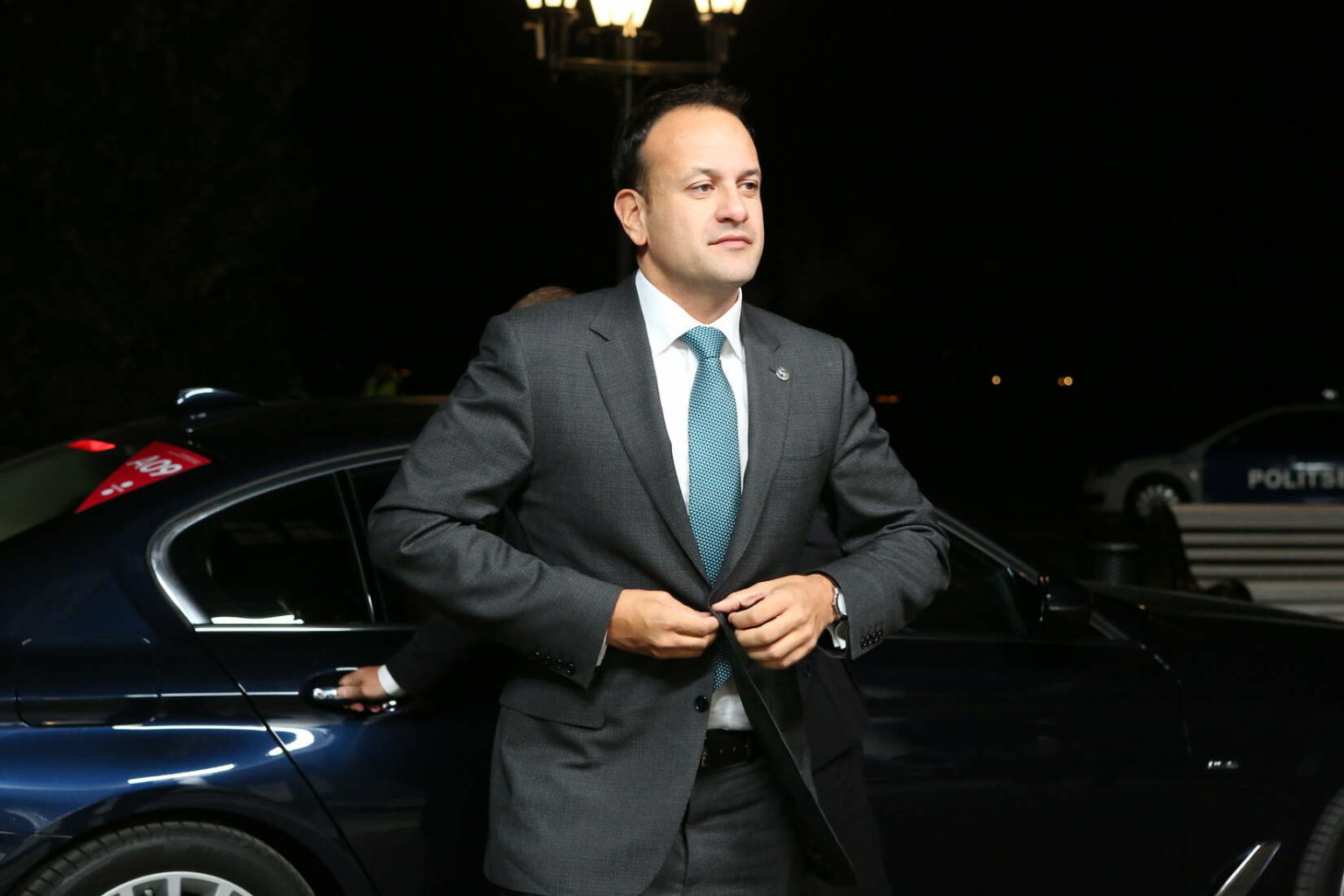Irish Prime Minister Leo Varadkar moved to distance himself from recent claims he made that climate change had potential “benefits” for Ireland, including reduced winter heating costs and cold-related illnesses.
“It’s interesting that when you do look at these things, there is a ledger, and there are benefits and there are downsides. The downsides outweigh the benefits but we need to be aware of them too,” Varadkar had stated.
The comments, made at the launch of the Irish government’s progress report on its Climate Action plan, triggered widespread condemnation. Varadkar, who had previously admitted that Ireland is a ‘climate laggard’ is seen as luke-warm at best on climate action, with his centre-right party, Fine Gael, known to be heavily influenced by business and agricultural lobbyists who have consistently downplayed the need for Ireland to act to reduce emissions.
Opposition leader, Michael Martin told the Dáil that President Donald Trump “would have been proud” of Varadkar’s comments.
Like what your reading? Support DeSmog by becoming a patron today!
Irish members of Extinction Rebellion protested outside Dáil Eireann last week posing in swim wear on sun loungers mocking Varadkar’s ‘fantasy island’ statement regarding the potential benefits of warmer winters in Ireland. Varadkar, a medical doctor, was also heavily criticised by NGO Irish Doctors for the Environment, which was one of a number of groups requesting that he withdraw and correct his comments.
Speaking in the Irish parliament, Varadkar admitted that he could see how his comments could be open to “misinterpretation by those who may be pursuing a climate sceptic agenda”. He claimed his earlier remarks were “observations, not policy statements”.
He added: “I want to state at outset, in case anyone has any doubt about it, climate change is real, it is happening right now, it is man-made, it is unprecedented and it is detrimental to human life and well-being, both in Ireland and globally and any benefits that may arise from it are far outweighed many times over by the damage it’s doing and will do”.
Climb-down
It is an embarrassing climb-down for the Irish prime minister to have to read the most basic facts about the reality of climate change on the parliamentary record.
Another error that Varadkar made during his recent speech which has not been corrected was his argument for special treatment on emissions for Ireland’s agricultural sector. “We’re a country of five million people that feeds 50 million, and yet all that food production gets accounted for in Ireland as a contribution to global warming, but that food production is going to have to happen, it’s going to have to happen somewhere”.
According to data from the UN’s Food and Agriculture Organisation (UN–FAO), Ireland is in fact a significant net importer of food energy. In 2013, Ireland imported the equivalent food energy for over 4.5 million people. Ireland’s agriculture sector produces one third of total national emissions, and these have been rising quickly since the removal of milk quotas in 2015. In the last four years, the national dairy herd has expanded by over 300,000 cows.
Read more about the climate science denial group the Irish Climate Science Forum
in DeSmog’s Disinformation Database.
Providing fodder for a huge national beef and dairy herd of over seven million animals is forcing Irish farmers to use sharply increased quantities of nitrate fertiliser, and this in turn has negatively impacted air and water pollution levels. Ireland’s Environmental Protection Agency has warned that ammonia levels from agricultural pollution have repeatedly breached national levels, and “this has implications for air and water quality.”
Varadkar’s assertion about Irish agriculture ‘feeding 50 million people’ is a talking point frequently used within the agricultural sector. In a recent radio interview, Professor Gerry Boyle, director of Teagasc, Ireland’s national agricultural research agency claimed that Ireland “produced enough food for 35 million people”, which, while dramatically lower than Varadkar’s figure, is also inaccurate.
Varadkar’s comments were seized upon by the agricultural press, as well as the newly formed ‘Meat & Dairy Facts’ alliance, which controversially appointed PR firm Red Flag, a group linked to the tobacco industry and an astroturfing campaign on behalf of Monsanto.
Progress report
While overshadowed by Varadkar’s gaffes, the progress report on the government’s Climate Action Plan, first published last June, claimed that 85 percent of the climate-related actions due for delivery by the end of 2019 had been met.
The government pointed to its recently announced ban on offshore oil exploration as a particular success, but critics noted that this ban does not include gas.
There was also a hike in the carbon tax in the recent Budget. It increased by €6 to €26 per tonne, and is due to continue to rise annually to a target of €80/tonne by 2030. Overall, however, emissions from both transport and agriculture continue to increase, suggesting much more radical steps will be required to put Ireland on target to decarbonisation.
Image: Annika Haas/Flickr CC BY 2.0
Subscribe to our newsletter
Stay up to date with DeSmog news and alerts







